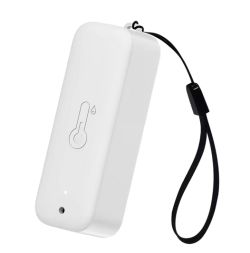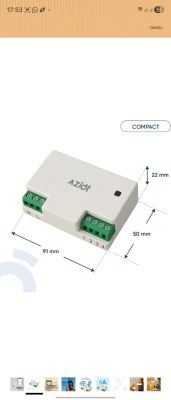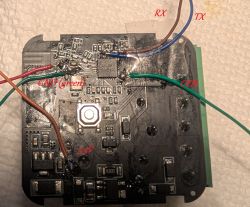Hi!
I have a board designed with several devices on I2C, output/input. All of this is supported by the ESP8266. However, I'm struggling with performance issues with this chip, so I'd like to make the switch to its big brother, the ESP32, as painless as possible. I'm wondering if it would be possible, instead of redesigning the whole board, to design an "adapter" which would match the ESP8266 with pins on one side and with paths leading to the same places in ESP32. Has anyone tried this solution yet and is it even doable according to you? I don't need additional I/O just more RAM/processor power.
I have a board designed with several devices on I2C, output/input. All of this is supported by the ESP8266. However, I'm struggling with performance issues with this chip, so I'd like to make the switch to its big brother, the ESP32, as painless as possible. I'm wondering if it would be possible, instead of redesigning the whole board, to design an "adapter" which would match the ESP8266 with pins on one side and with paths leading to the same places in ESP32. Has anyone tried this solution yet and is it even doable according to you? I don't need additional I/O just more RAM/processor power.






